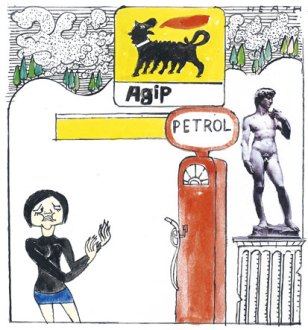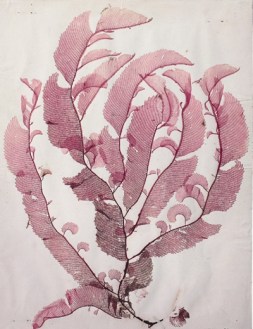Stop ‘Stoptober’: seven health benefits associated with smoking
James Delingpole’s latest Spectator column laments the pernicious portmanteau afflicting this fine month: Stoptober. Geddit? That’s ‘-ober’, as in the second half of ‘October’, with the word ‘Stop’ cunningly positioned where the ‘Oct’ would normally be. And what marketing genius was responsible for this rebranding? Why, someone from an Orwellian body which you’d probably much prefer didn’t exist, let alone to have to fund with your taxes. Public Health England. James closes with his own call to action: ‘Let’s start by reclaiming October.’ In that spirit, and on the conviction that public tediousness is a greater hazard than the odd puff, here are seven non-catastrophic health-related outcomes observed in association with smoking. 1. Revenge













